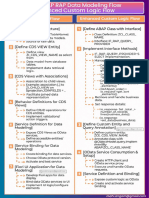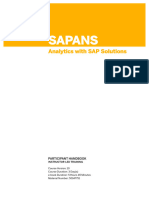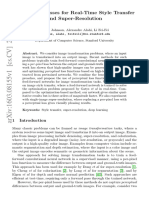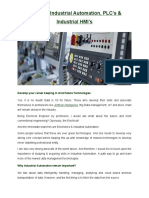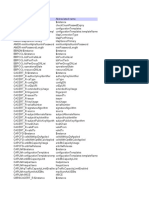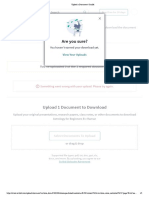0% found this document useful (0 votes)
136 views20 pagesSAP Analytics Cloud: Advanced Story Design
The document is a participant handbook for an instructor-led training course on SAP Analytics Cloud: Advanced Story Design, lasting four days. It covers various units including discovering SAP Business Data Cloud, developing stories with scripting options, and implementing use cases related to data analysis and reporting. The course aims to equip participants with the skills to utilize SAP Business Data Cloud effectively for data-driven decision-making and analytics.
Uploaded by
Libreria ERPCopyright
© © All Rights Reserved
We take content rights seriously. If you suspect this is your content, claim it here.
Available Formats
Download as PDF, TXT or read online on Scribd
0% found this document useful (0 votes)
136 views20 pagesSAP Analytics Cloud: Advanced Story Design
The document is a participant handbook for an instructor-led training course on SAP Analytics Cloud: Advanced Story Design, lasting four days. It covers various units including discovering SAP Business Data Cloud, developing stories with scripting options, and implementing use cases related to data analysis and reporting. The course aims to equip participants with the skills to utilize SAP Business Data Cloud effectively for data-driven decision-making and analytics.
Uploaded by
Libreria ERPCopyright
© © All Rights Reserved
We take content rights seriously. If you suspect this is your content, claim it here.
Available Formats
Download as PDF, TXT or read online on Scribd
/ 20












































































